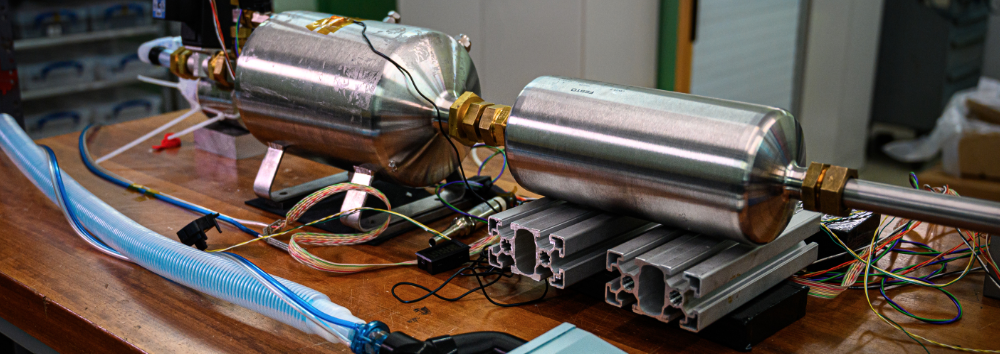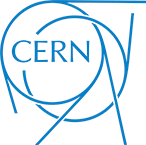CERN establishes a task force to identify and support contributions from the Organisation to combatting COVID-19 pandemic.
CERN has established a task force to identify and support contributions from the Organisation’s 18 000-strong global community to combatting the COVID-19 pandemic. Set up by the Director-General at the end of March, the CERN against COVID-19 task force has already received hundreds of messages suggesting ideas ranging from producing sanitiser gel to designing and building sophisticated medical equipment. The design of a novel ventilator, expected to be tested by healthcare experts in the coming weeks, is an example of deployment of CERN’s technology to the service of society in these troubled times. Details of the initiatives and projects supported will be published on the dedicated website cern.ch/against-covid-19, which will be regularly updated.
“CERN is a world leading laboratory in particle physics and in the related technologies. As such, it’s a hub of resources, including the World-wide LHC Computing Grid, WLCG, mechanical workshops, sophisticated design and prototyping facilities, advanced technologies and expertise ranging from science and engineering to industrialisation,” said Director-General Fabiola Gianotti. “We want to deploy our resources and competences to contribute to the fight against the COVID-19 pandemic.”
About CERN
Founded in 1954, CERN is the European laboratory for particle physics. Sitting astride the Franco-Swiss border near Geneva, it was one of Europe’s first joint ventures and now has 22 member states. CERN operates a unique range of particle accelerators that enable research into the fundamental particles and laws of the Universe, including the Large Hadron Collider (LHC), the largest scientific instrument on Earth. The 60-year history of CERN is marked with impressive achievements in the construction and operation of powerful linear and circular accelerators. Moreover, CERN offers unique infrastructures for the development of the most sensitive particle detectors in the world, including the four main LHC detectors – ATLAS, CMS, ALICE and LHCb. General-purpose test beam lines provide beams of electrons, muons and hadrons in a very wide energy range for testing the detectors used in the LHC and in its major upgrade, the High-Luminosity LHC, as well as in future colliders and in neutrino experiments.



